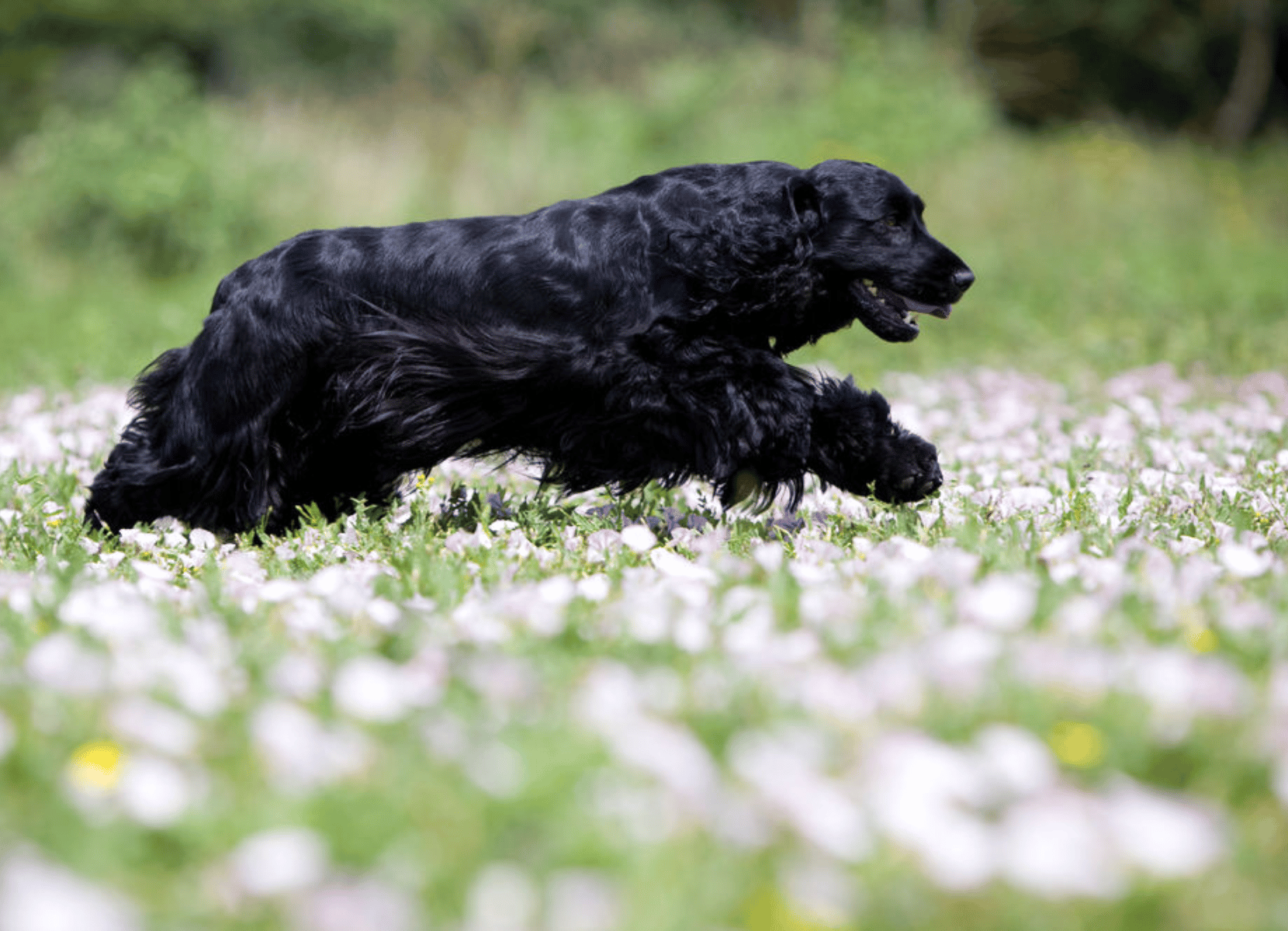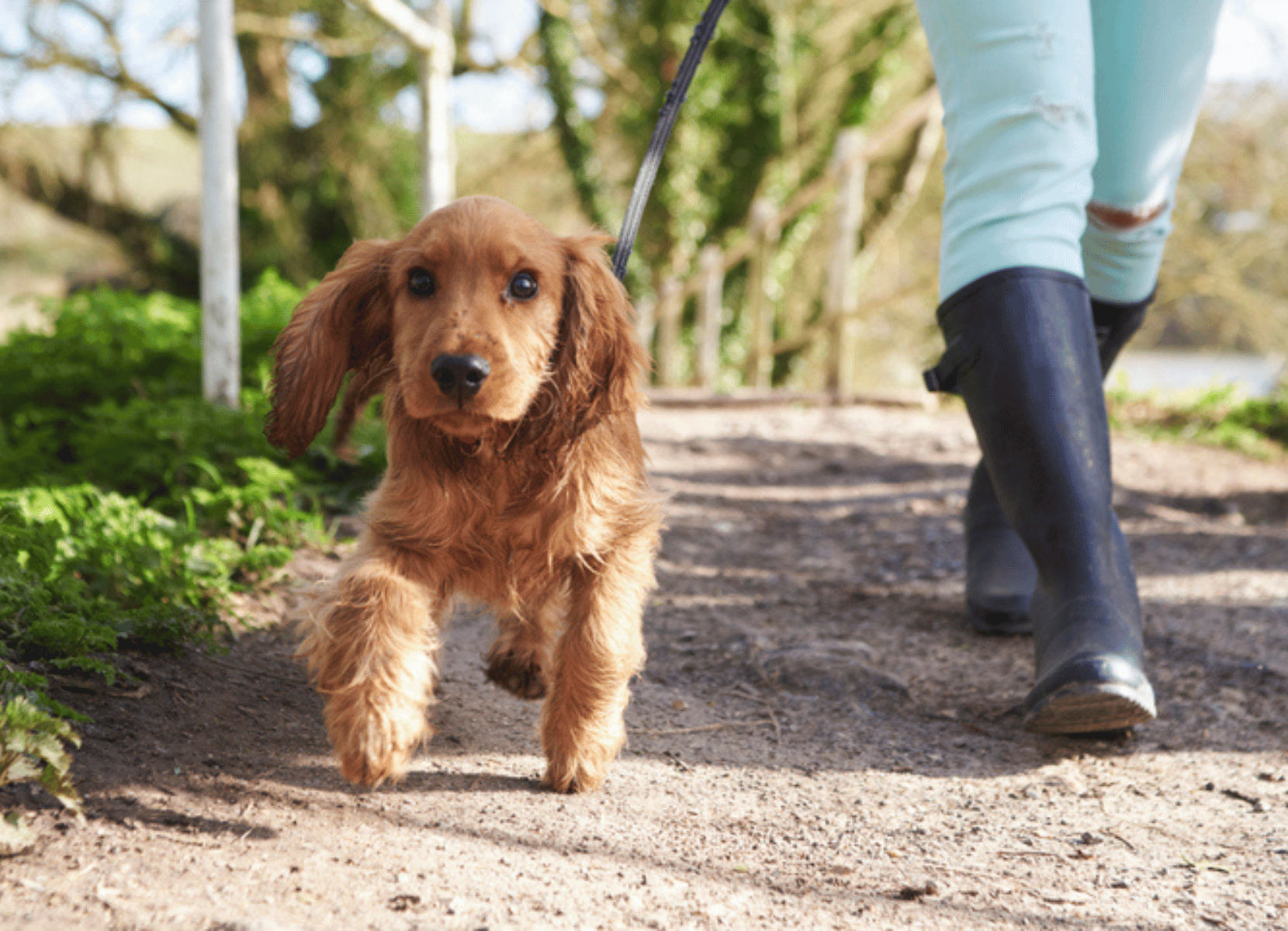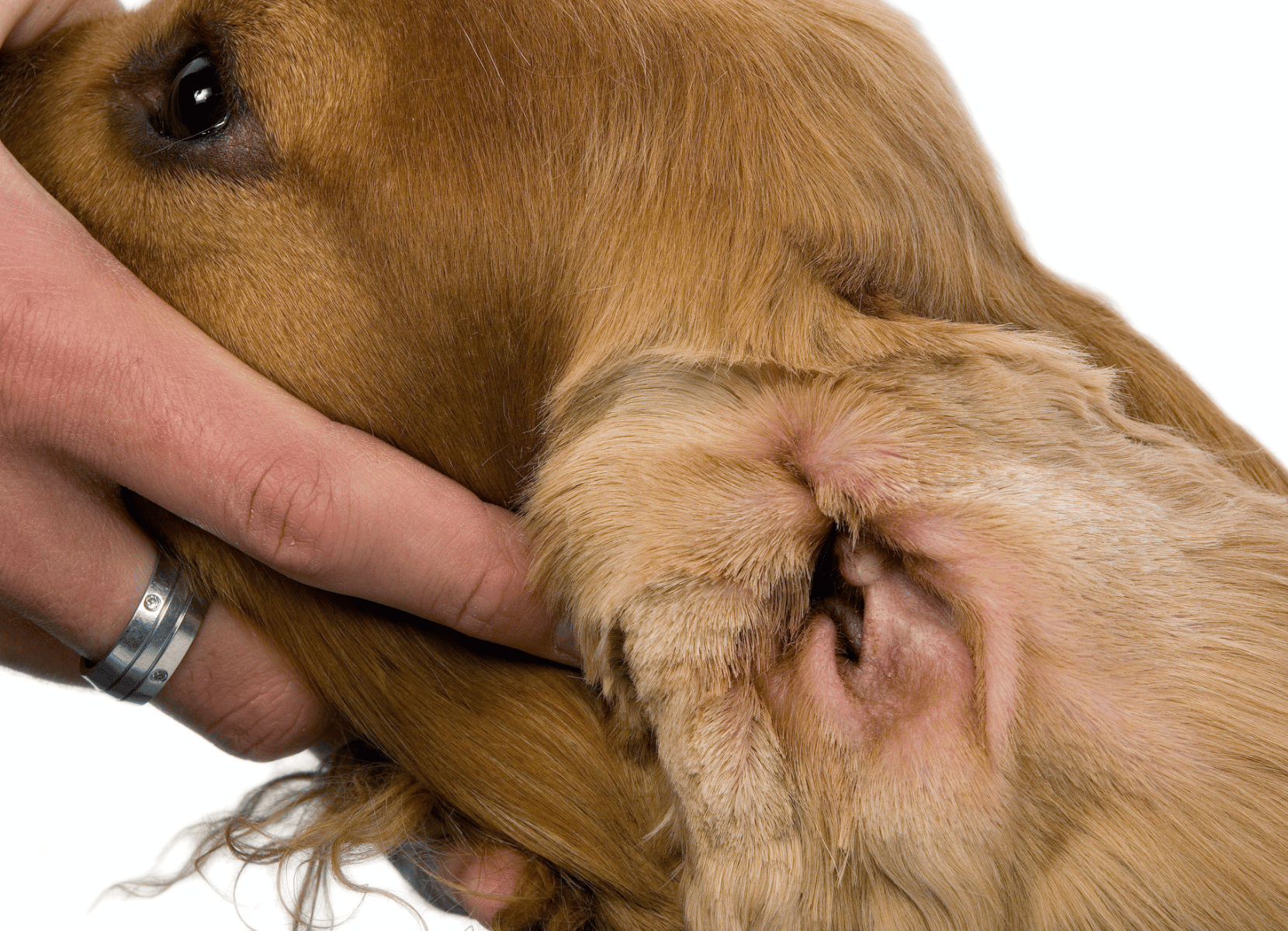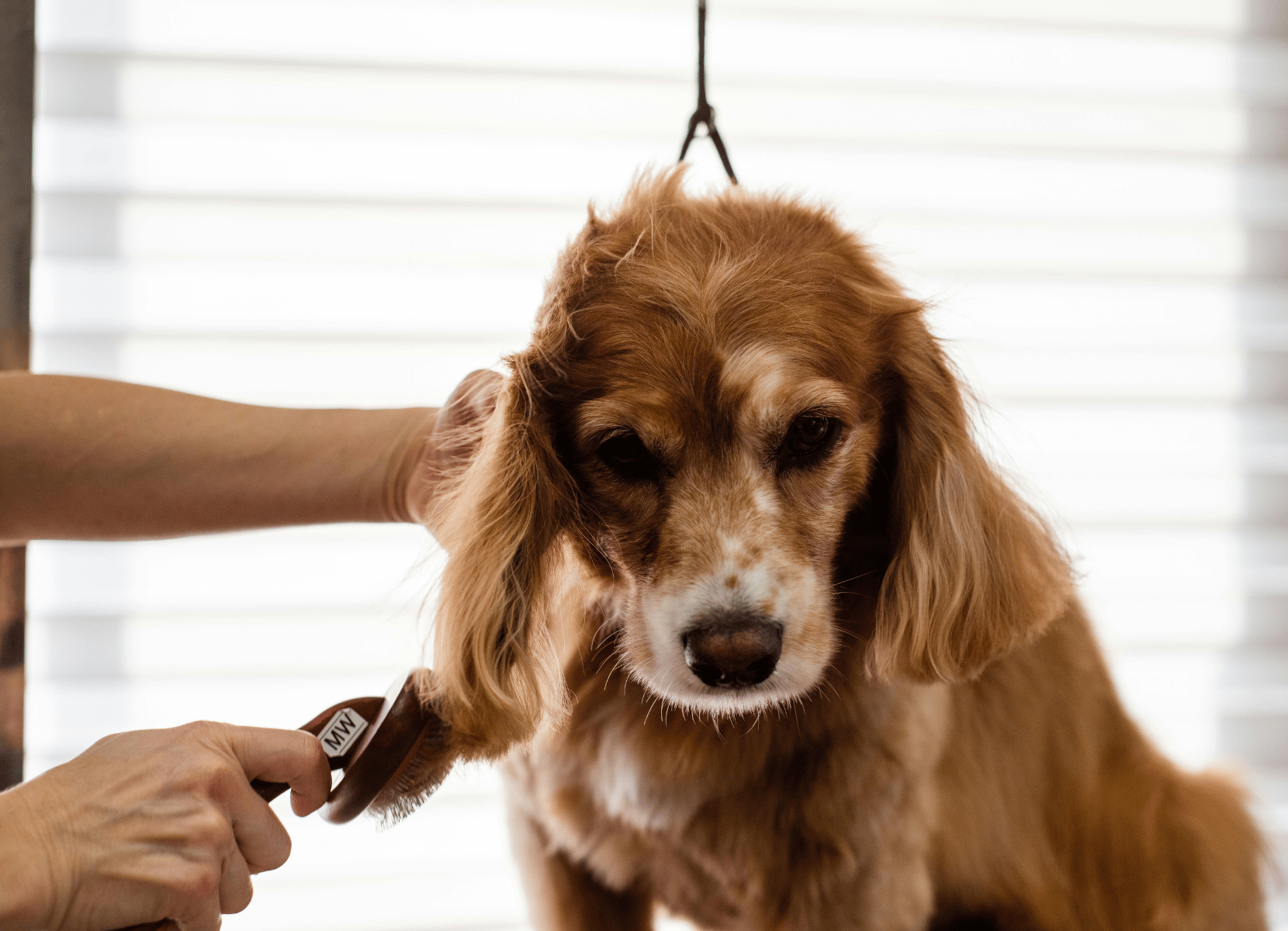Dog Breed
Cocker Spaniel
Freindliness
Exercise Needs
Health Issues
Barking Tendencies
Grooming Needs
Shedding Level


Friend to all
If you want to welcome a bundle of joy into your life, look no further than the Cocker Spaniel. These affectionate dogs love everyone (including children, other dogs and even cats) and everyone loves them! With their silky coats, long wavy ears and dark soulful eyes, how can you not?
Friendly, affectionate, smart and eager to please, Cocker Spaniels are absolute delights and ideal family pets. They’re pretty energetic though and need plenty of daily exercise to keep them happy, so they suit active owners best.
Caring for your Cocker Spaniel
Nutrition
Choosing the right food
Every dog is unique. From the small, flat-faced Pug to the obesity-prone Labrador Retriever. ROYAL CANIN® Breed Health Nutrition is tailor-made to address the unique needs of pure breed dogs. These breed specific formulas benefit from the latest ROYAL CANIN® research on the selection of the best protein sources, unique nutrients and tailor-made kibbles.

Exercising your dog
Keeping your Cocker Spaniel physically and mentally happy requires daily exercise of around 1 hour. This can be with long walks or hikes with you, plus some playtime, chuck a ball for them and they’ll enjoy fetching it. Try launcher toys to get some extra distance.
With their active nature, they love exploring the great outdoors so make great beach companions. Used to speed, they also enjoy being your running buddy.
Play to their strengths by letting them hunt out treats. Fill a toy with a delicious treat, hide it and let them track where you’ve stashed it, hours of fun to keep them mentally fit!
Although they’re good with cats, the hunting instinct is still strong in a Cocker so keep them on a lead and only let them off in a safe, fully fenced area.

Training your Cocker Spaniel
The Cocker was bred to follow instructions from humans and they’re still eager to please (and learn) today. This makes training them a breeze, especially because they love working with their human.
However, training methods must be positive, Cocker Spaniels must love and respect their humans, not fear them. Use positive reinforcement to reward their hard work in the form of treats, praise and play breaks.
Always make sure you’ve got a stash of training treats and a calm voice. They don’t respond well to harsh or negative training. Once they love and respect you (which is pretty much hard-wired in an Cocker), you’ll have a lovely, friendly, social pup in return.

Your dog's health
By recognising health problems in Cocker Spaniels early you can seek advice and treatment from a veterinarian.
Reduce the risk of health problems by purchasing a puppy from a responsible breeder. Always inspect breeding facilities and breeding dogs, and never buy from a distant online seller.
Health Issues to watch out for:
Ear Infections
Joint Problems
Kidney Failure
Eye Issues
Adult Onset Neuropathy (AON)

Grooming your dog
Cocker Spaniels’ long double coats need regular grooming. At least once a week, they need a thorough brushing followed by a comb to detangle their coat.
Every month, they need a trim, especially around their feet, on their face and under their neck, ears and tail. You can do this yourself with scissors or clippers or visit a groomer. A monthly bath should be enough to keep them clean
Keep a careful eye on those ears. Check every week for wax and signs of infection, like areas of redness.
A few times a week (ideally daily), give their teeth a brush to help prevent tooth decay. Finally, trim their nails monthly to keep them comfortable.
Key characteristics of Cocker Spaniels


Cocker Spaniel FAQs
Cocker Spaniels are known for their soulful eyes, cheerful personalities, and affectionate nature. If you're thinking about welcoming one into your home or already have one at your feet, these FAQs go beyond the basics to answer common questions about breed variations, grooming quirks, and living compatibility.
Are English and American Cocker Spaniels different breeds?
Yes, while closely related, English and American Cocker Spaniels are considered separate breeds. English Cockers are generally taller and more athletic, while American Cockers have a shorter muzzle and rounder eyes. Both share the same loving temperament and grooming needs.
Do Cocker Spaniels smell more than other breeds?
Cocker Spaniels can develop a strong odour if not groomed regularly, especially around their ears and under their coat. Weekly brushing, monthly baths, and cleaning their ears can help prevent that classic "doggy smell."
How are Cocker Spaniels with first-time dog owners?
Cocker Spaniels can be a great choice for first-time dog owners thanks to their trainability, eagerness to please, and loving nature. However, they do require regular grooming and benefit from an owner who can commit to consistent exercise and gentle training.
Cocker Spaniels can get along well with cats, especially when socialised from a young age. Their friendly nature and moderate prey drive mean peaceful cohabitation is possible, particularly in calm, well-managed households.
Yes, Cocker Spaniels can live happily in apartments if their physical and mental exercise needs are met. They’re adaptable and affectionate, but daily walks and interactive play are essential to prevent boredom.
These FAQs offer extra insight into the wonderful world of Cocker Spaniels. With their affectionate nature, willingness to learn, and social personality, they can be a great match for a variety of households when given the right care and companionship.



